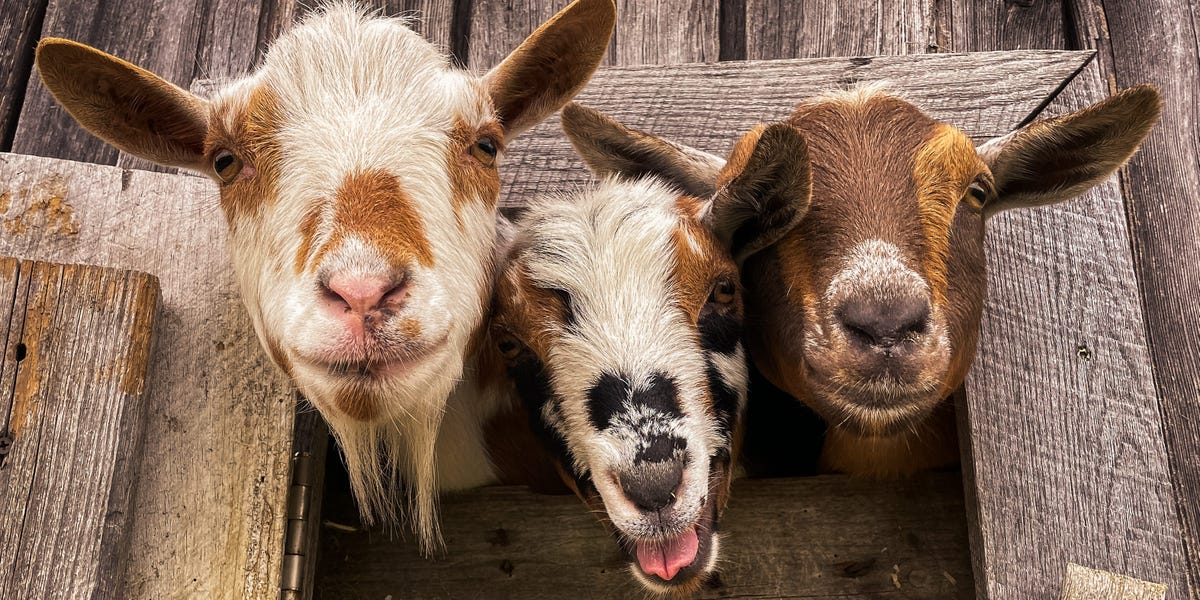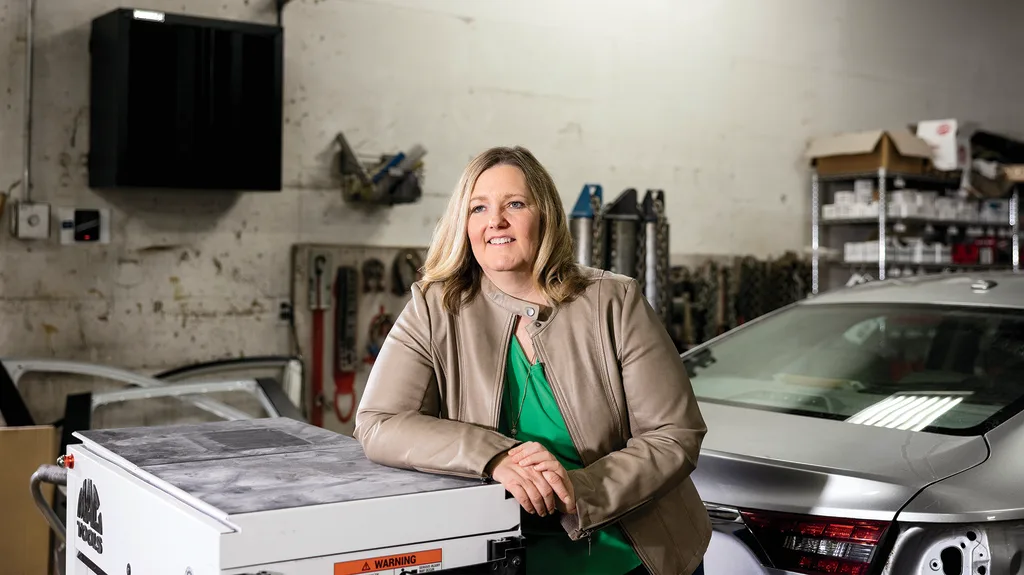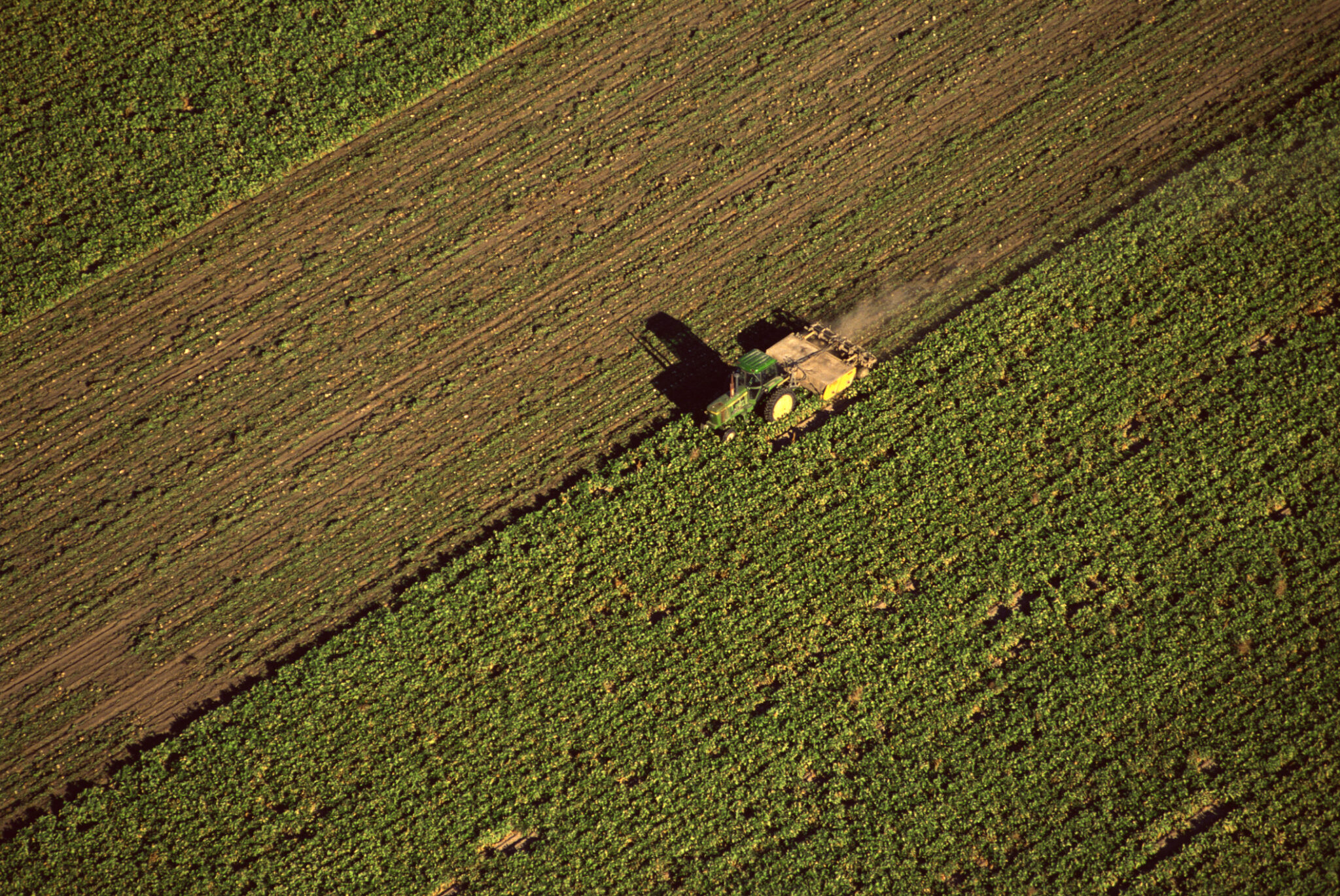The Rural Dream: How Our Homesteading Experiment Shattered Financial Expectations
Business
2025-04-13 11:33:01Content

When we first embarked on our homesteading journey, I was convinced we'd crack the code to affordable living and complete self-sufficiency. Our dreams were filled with visions of bountiful gardens, happy livestock, and dramatically reduced grocery bills. Reality, however, had a different plan.
What I quickly learned is that homesteading isn't the magical money-saving solution I had imagined. Between the initial investments in equipment, ongoing feed costs, veterinary expenses, and the countless hours of labor, our "budget-friendly" lifestyle actually became quite expensive. Seeds, tools, fencing, animal care - the expenses added up faster than our harvest could offset.
But here's the surprising twist: despite the financial challenges, we absolutely love our farm. The value isn't measured in dollars saved, but in the rich experiences we've gained. Our children understand where food comes from, we've developed incredible skills, and we're connected to the land in a way we never expected. The satisfaction of eating a meal we've entirely produced ourselves? Priceless.
Homesteading isn't about saving money - it's about creating a lifestyle, building resilience, and finding joy in hard work. And on that front, we've succeeded beyond our wildest dreams.
From Dream to Reality: The Unexpected Truth About Modern Homesteading
In the age of social media-driven agricultural fantasies, countless individuals are drawn to the romantic notion of self-sufficient living, imagining pristine farmlands and abundant harvests. Yet, the journey of homesteading is far more complex and nuanced than picturesque Instagram posts suggest, revealing a profound narrative of personal transformation, economic challenges, and unexpected life lessons.Pursuing the Ultimate Dream of Rural Independence
The Initial Vision of Agricultural Utopia
Embarking on a homesteading adventure represents more than just agricultural pursuit; it's a radical lifestyle transformation that challenges conventional urban living paradigms. Many dreamers envision a utopian landscape where financial constraints dissolve, and self-sufficiency becomes a tangible reality. However, the actual experience often diverges dramatically from these idealistic expectations. The romantic perception of growing one's food, raising livestock, and disconnecting from commercial food systems masks the intricate economic realities. Initial investments in land, equipment, seeds, and animal infrastructure demand substantial financial commitments that can quickly overwhelm unprepared enthusiasts.Economic Realities of Sustainable Living
Contrary to popular belief, homesteading doesn't automatically translate to significant grocery savings. The complex economics of small-scale agriculture involve numerous hidden expenses: specialized tools, veterinary care, infrastructure maintenance, and time-intensive labor that cannot be quantified through traditional monetary metrics. Successful homesteaders understand that their endeavor represents a holistic lifestyle choice rather than a purely financial strategy. The true value emerges from intangible benefits: personal satisfaction, skill development, environmental connection, and community engagement.Navigating Unexpected Challenges
Agricultural pursuits demand extraordinary resilience and adaptability. Unpredictable weather patterns, crop failures, animal health complications, and market fluctuations create a dynamic environment that tests even the most prepared individuals. Experienced homesteaders develop a multifaceted skill set encompassing agricultural knowledge, mechanical repair, veterinary basics, and financial management. These competencies extend far beyond traditional vocational training, transforming individuals into versatile, self-reliant practitioners.Emotional and Psychological Dimensions
The homesteading journey transcends mere economic calculations, representing a profound psychological transformation. Individuals discover inner strengths, develop patience, and cultivate a deeper appreciation for natural cycles and interconnected ecosystems. Despite financial challenges, many practitioners report unprecedented levels of personal fulfillment. The connection with land, animals, and sustainable practices offers a sense of purpose that traditional urban lifestyles rarely provide.Strategic Approaches to Sustainable Homesteading
Successful homesteaders employ strategic approaches that balance idealism with pragmatic financial planning. Diversifying income streams, developing niche agricultural products, and leveraging direct-to-consumer marketing can mitigate economic pressures. Innovative practitioners increasingly explore hybrid models, combining traditional agricultural practices with digital entrepreneurship, creating sustainable economic ecosystems that bridge rural production and modern technological opportunities.Community and Collaborative Potential
The homesteading movement represents more than individual pursuits; it embodies a broader social transformation. Local and online communities provide critical support networks, sharing knowledge, resources, and emotional encouragement. Collaborative platforms, workshops, and knowledge-sharing initiatives have emerged, democratizing agricultural expertise and creating robust support systems for aspiring and experienced homesteaders alike.RELATED NEWS
Business

GM's Strategic Shift: Insider Duncan Aldred Takes Helm of North American Operations
2025-05-05 14:53:09
Business

From Family Legacy to Millionaire: How One Woman Transformed Her Inherited Business
2025-05-05 11:00:00
Business

Startup Paradise: 10 Budget-Friendly States Where Entrepreneurs Can Thrive on a Shoestring
2025-03-18 12:20:01





